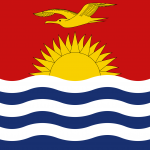Jibama Market is not just the main market of Wamena but also the beating heart of the city. It is where the different tribes, such as the Dani, Lani, and Yali, come together to trade, meet, and socialise. For locals, it is a vital place for commerce and cultural exchange.
For visitors on a YPT Tour, it is a must-visit spot that offers a genuine glimpse into life in West Papua’s highlands. The market reflects the unique traditions and everyday realities of the people who live in this remote and often misunderstood region of Indonesia.
Table of Contents
What the Jibama Market?
The market has been a fixture in Wamena for decades and remains a key economic and social hub. It draws villagers from nearby areas who bring produce, livestock, and handmade goods to sell. Beyond trade, it acts as a meeting point for communities to share news and maintain social ties.
Jibama Market’s atmosphere is lively and authentic, far removed from the commercialised city markets of Indonesia’s major islands, and even Jayaura, it is the pulse of Wamena and the surrounding highlands.
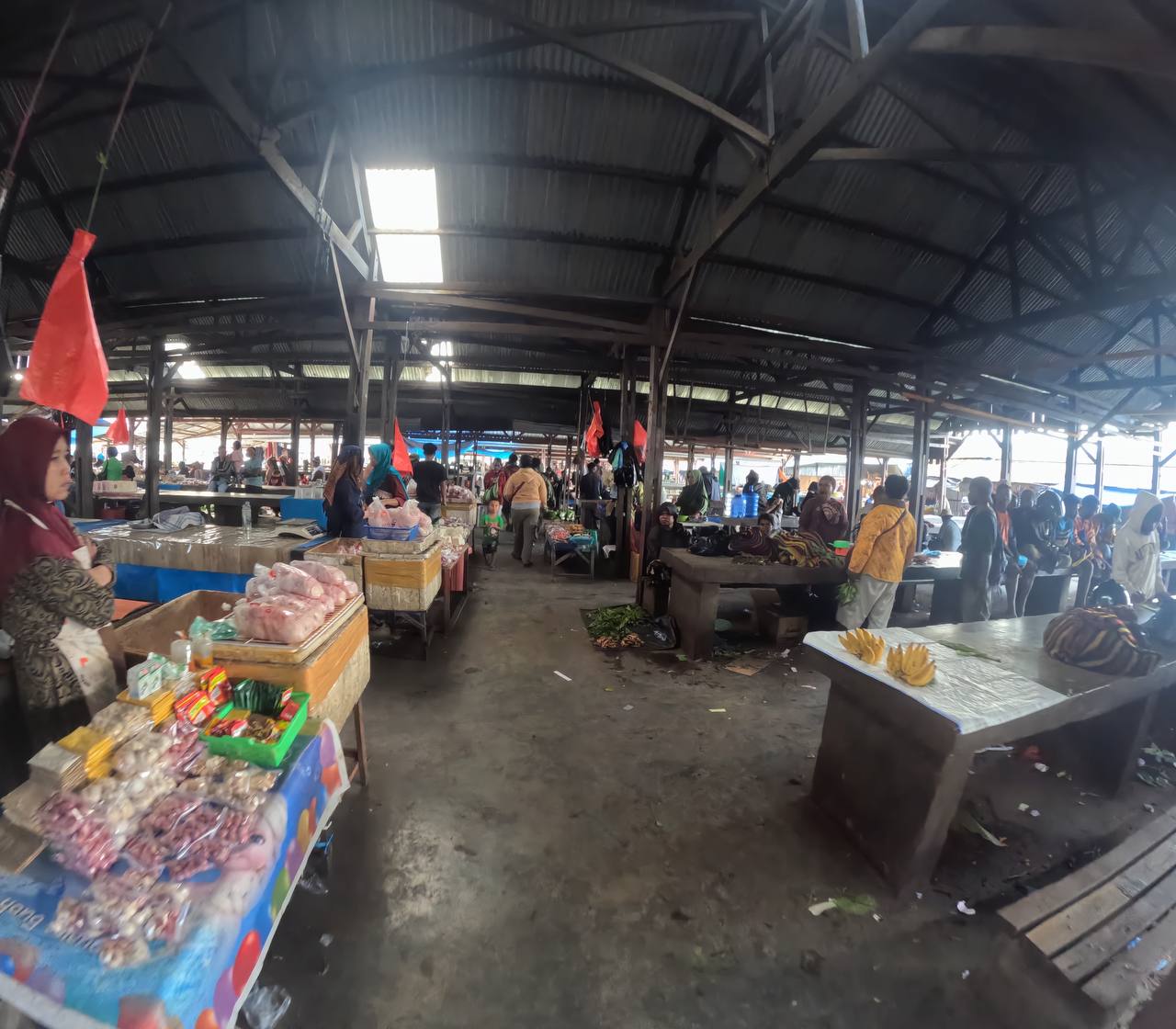
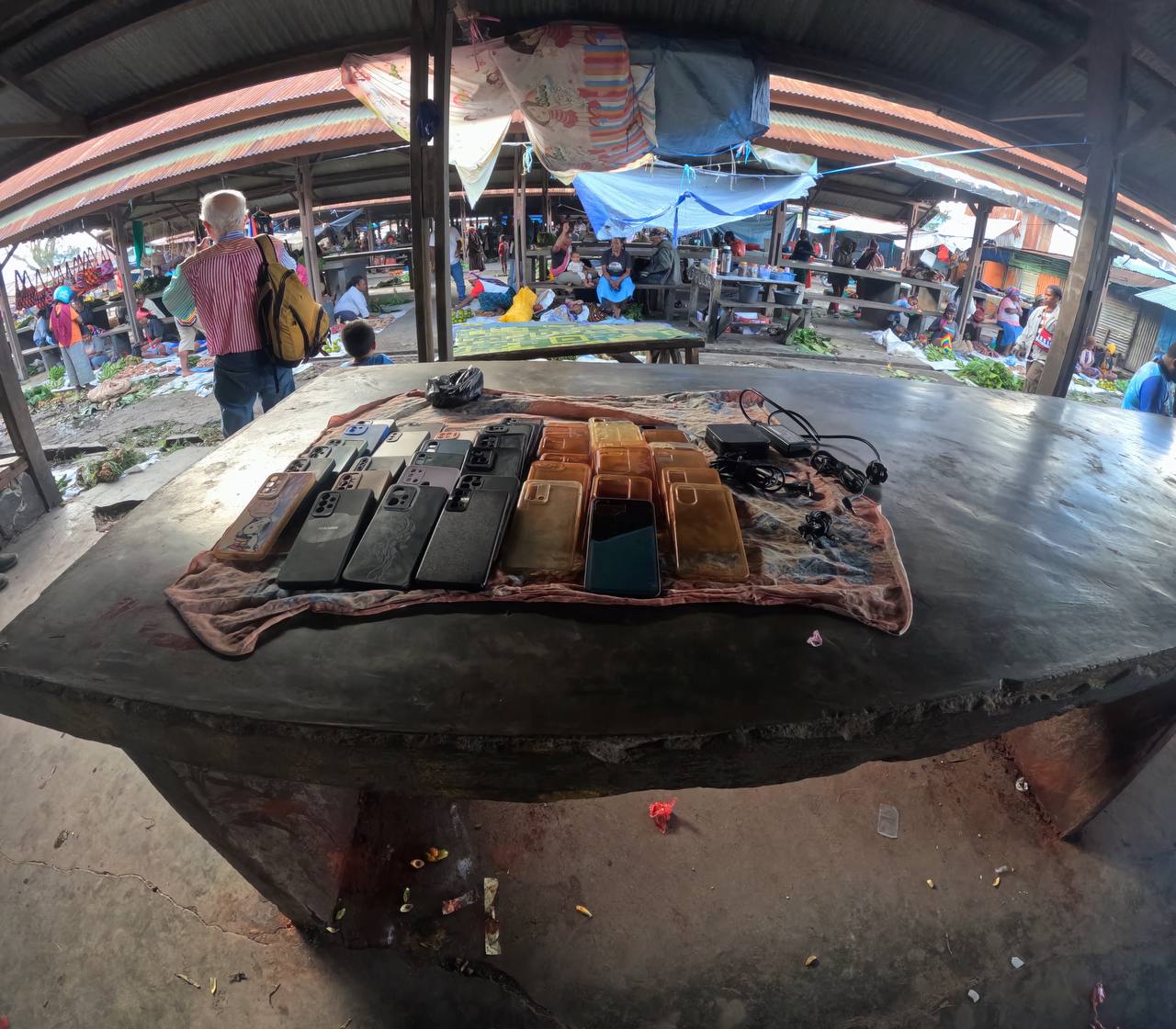
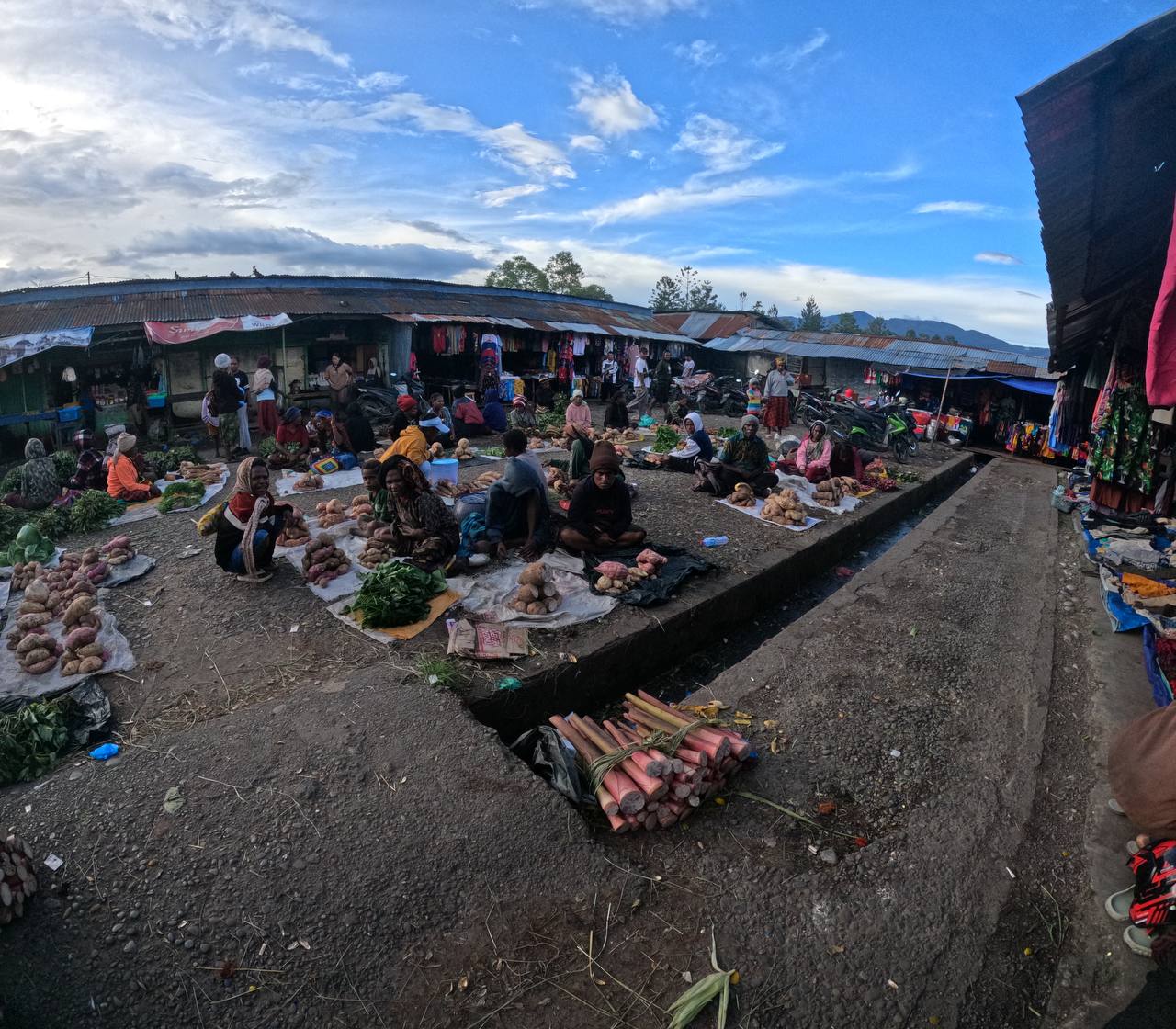
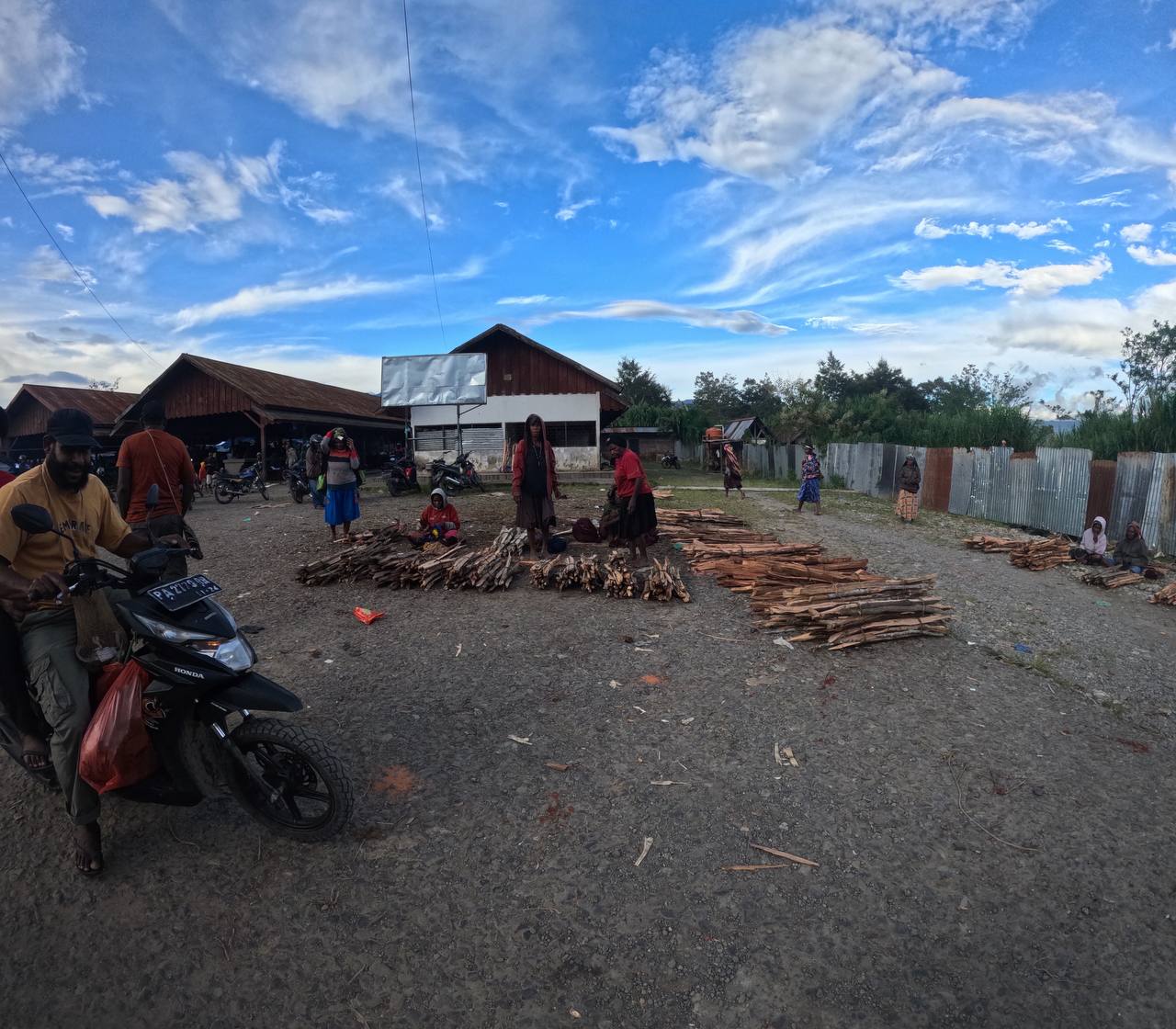
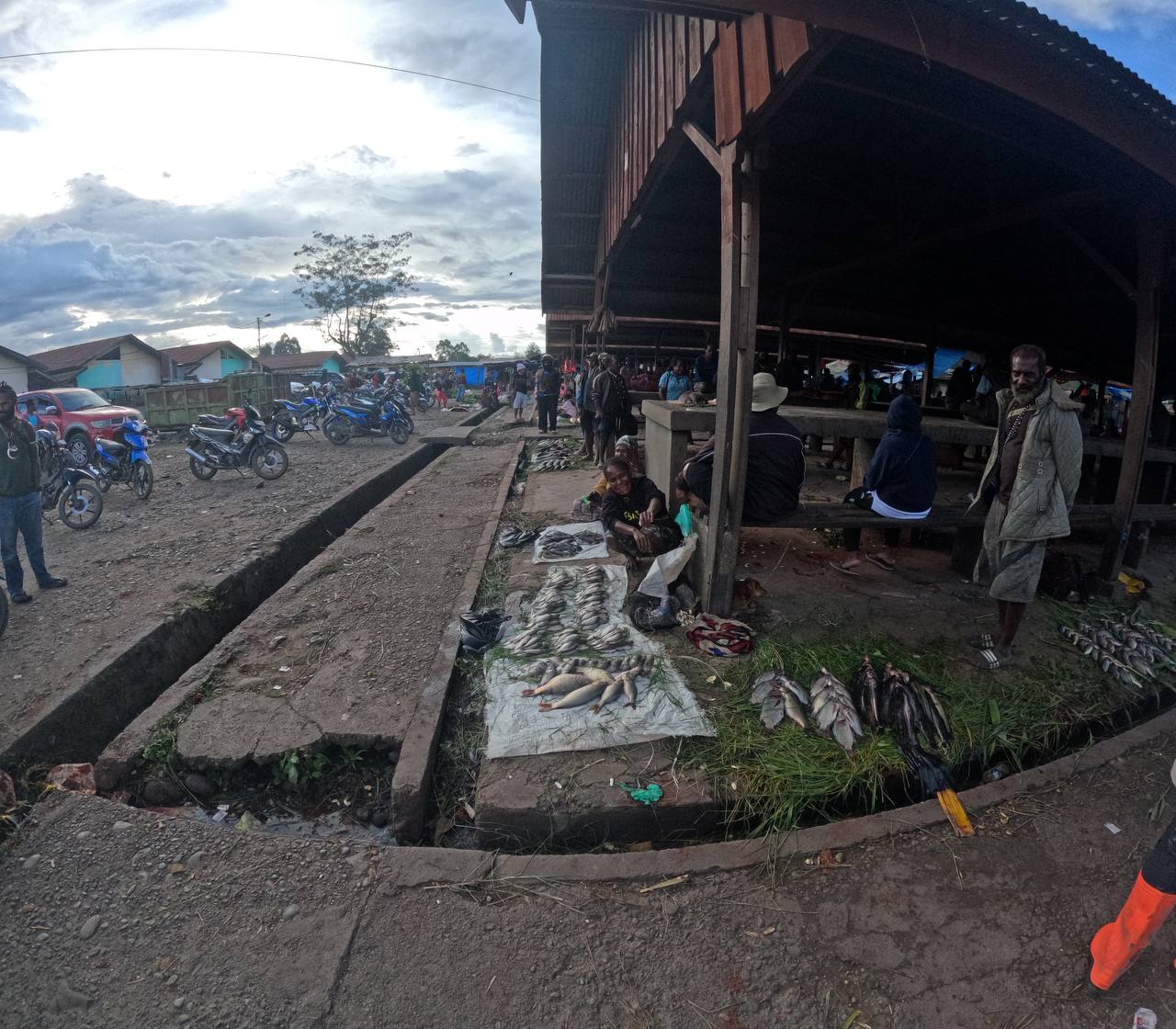
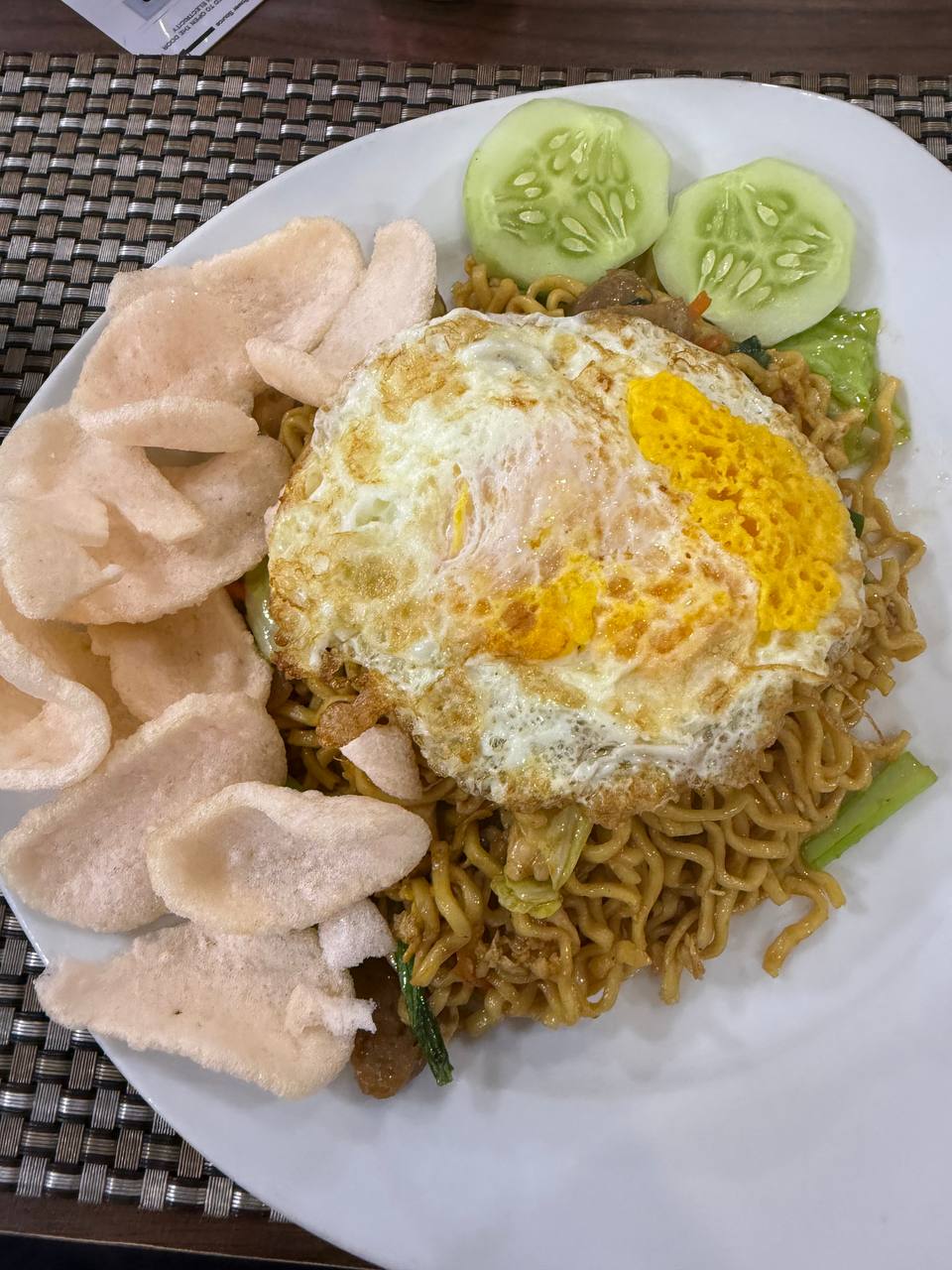
What Is Sold Here
Jibama Market is particularly famous as the main pig market in the city. Live pigs are bought and sold regularly, and these animals are central to many tribal customs, especially for ceremonies and bride prices. So FYI if you wanna find a local wife, it is all about how many pigs you can afford. Beyond pigs, you can find fresh mountain-grown produce including sweet potatoes, taro, leafy greens, and bananas.
The market also offers traditional crafts like woven bags and jewellery made from local natural materials. It is a place where the goods on sale tell a story of the highland peoples and their relationship with the land.
This is though not to say there are no modern comforts, with a few stalls even selling laptops and phones, something quite surreal considering the surroundings. Interestingly we also saw Papuan vendors selling the illegal Morning Star Flag on t-shirts.
And off course there is bettlenut like everywhere, no readymade food, no snacks, no street food, but lots of the local drug. Oh and raw tobacco smoked from a leaf, as you can see from my photo!
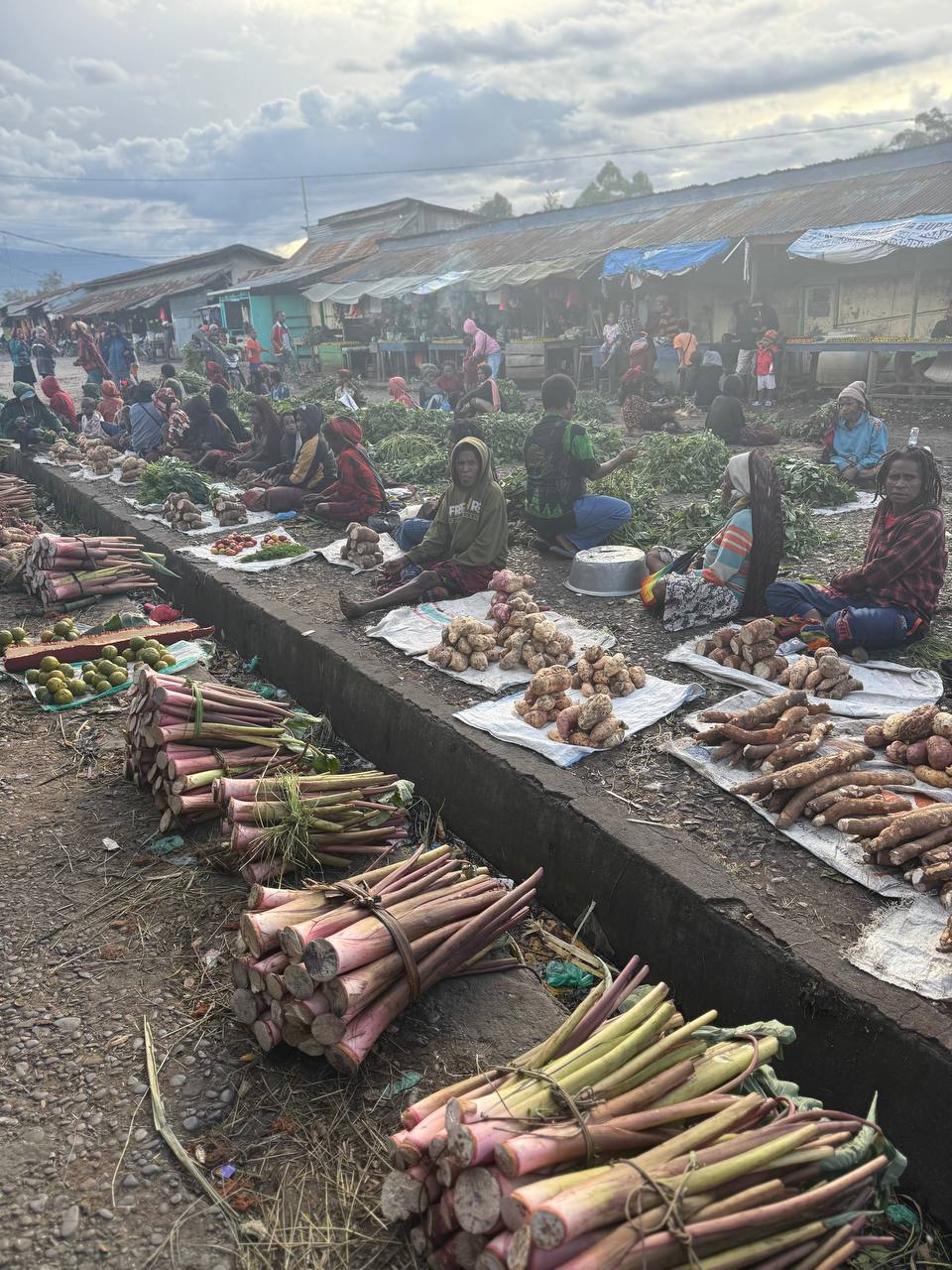
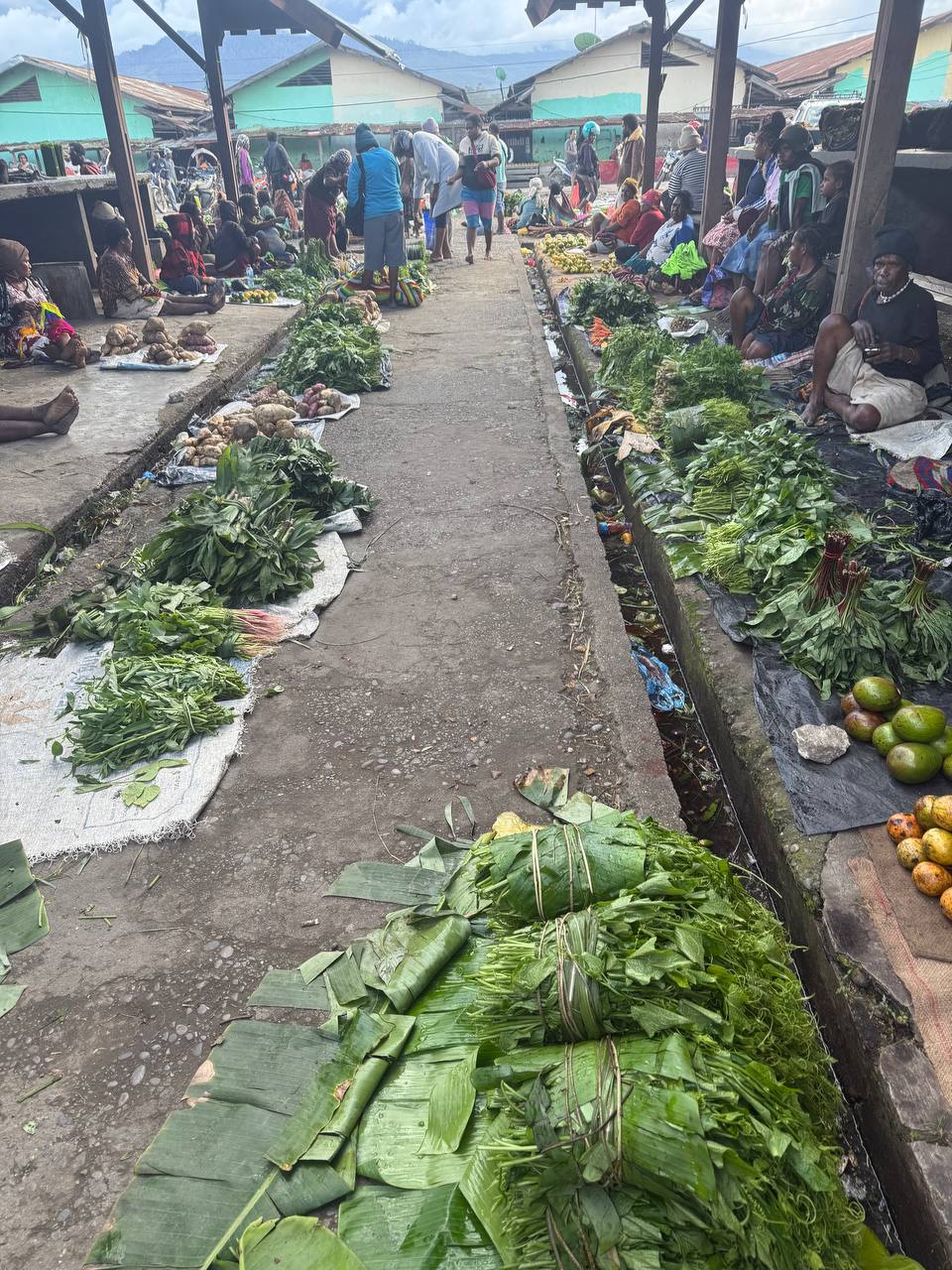
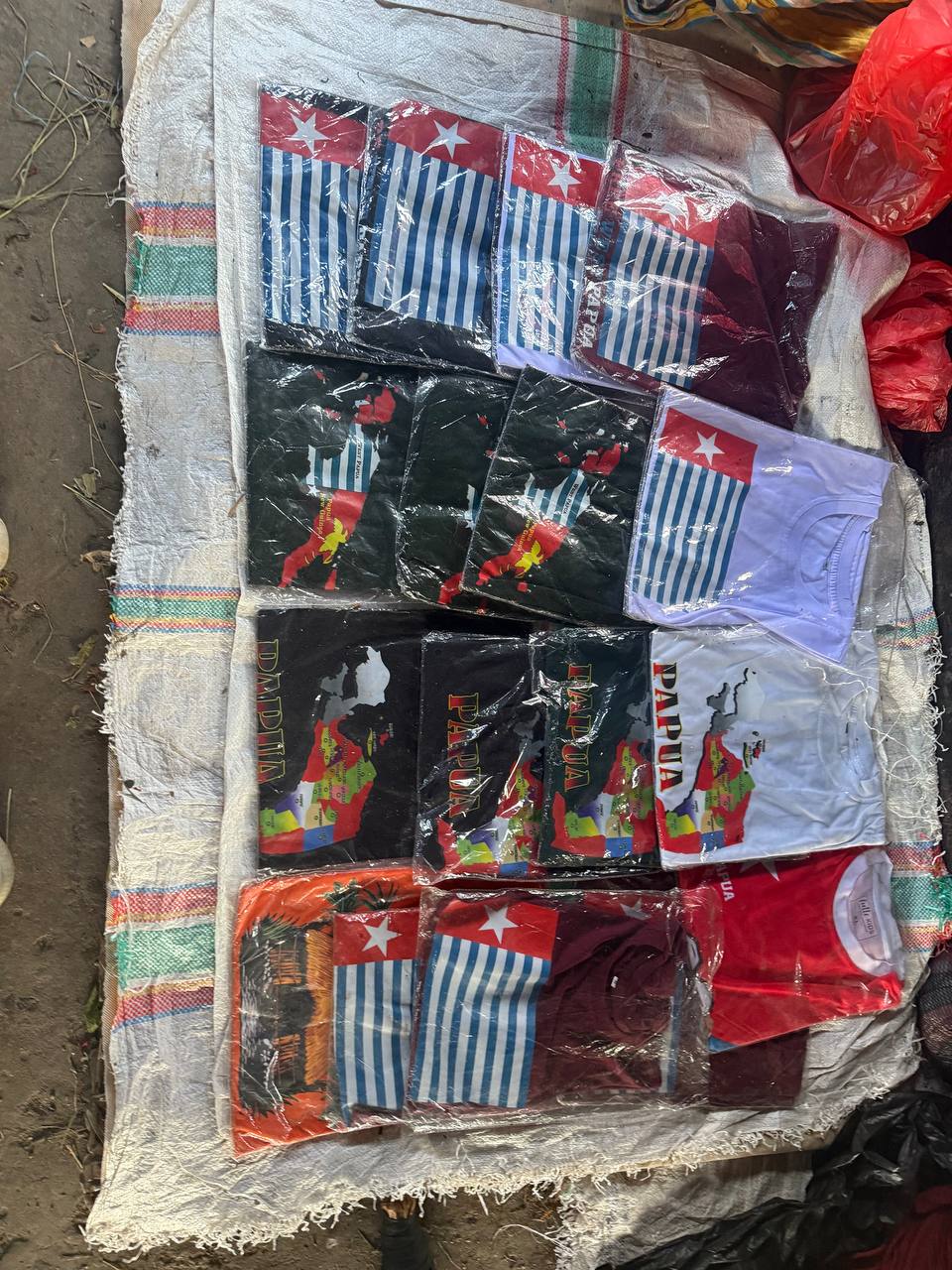
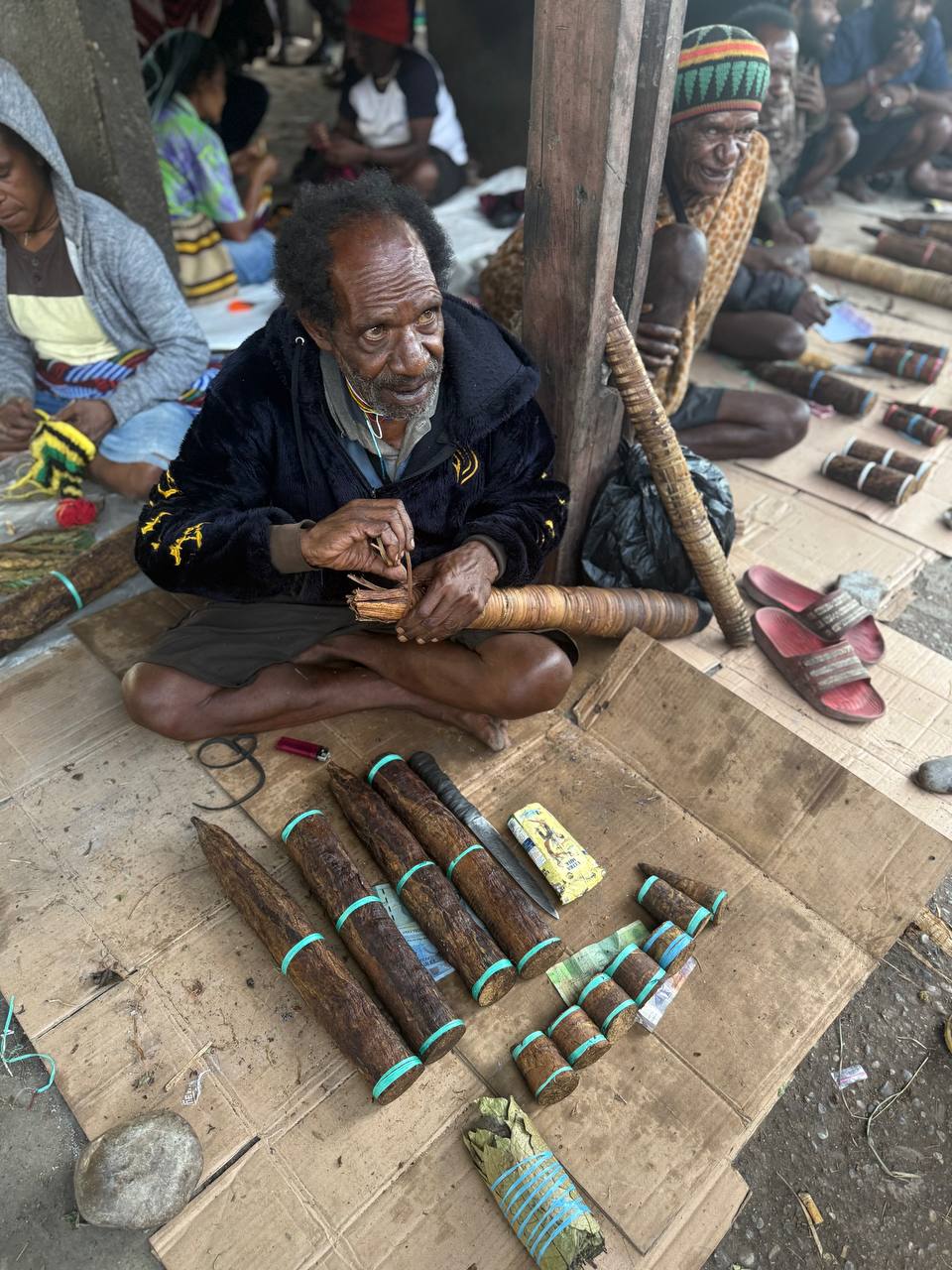
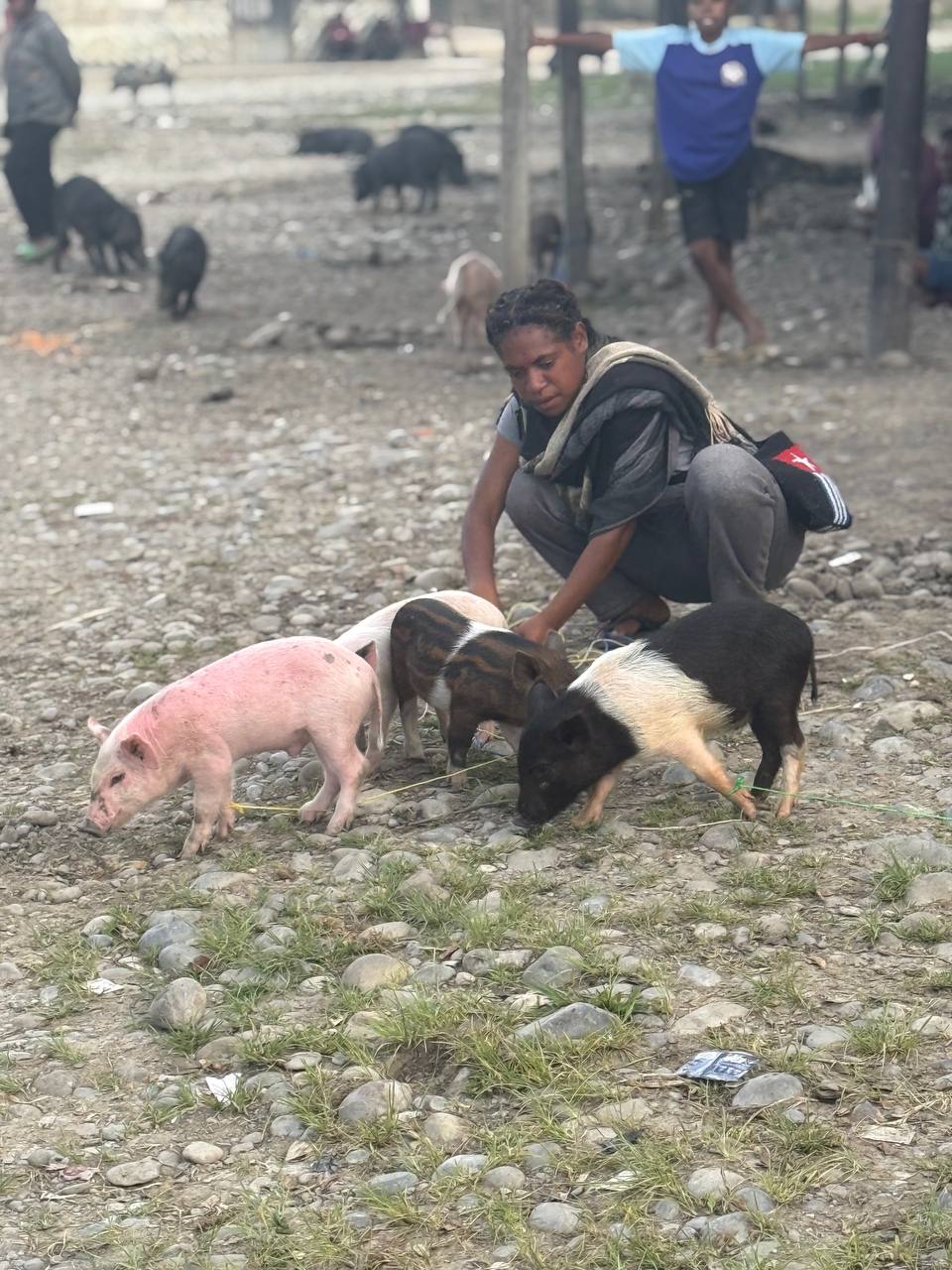
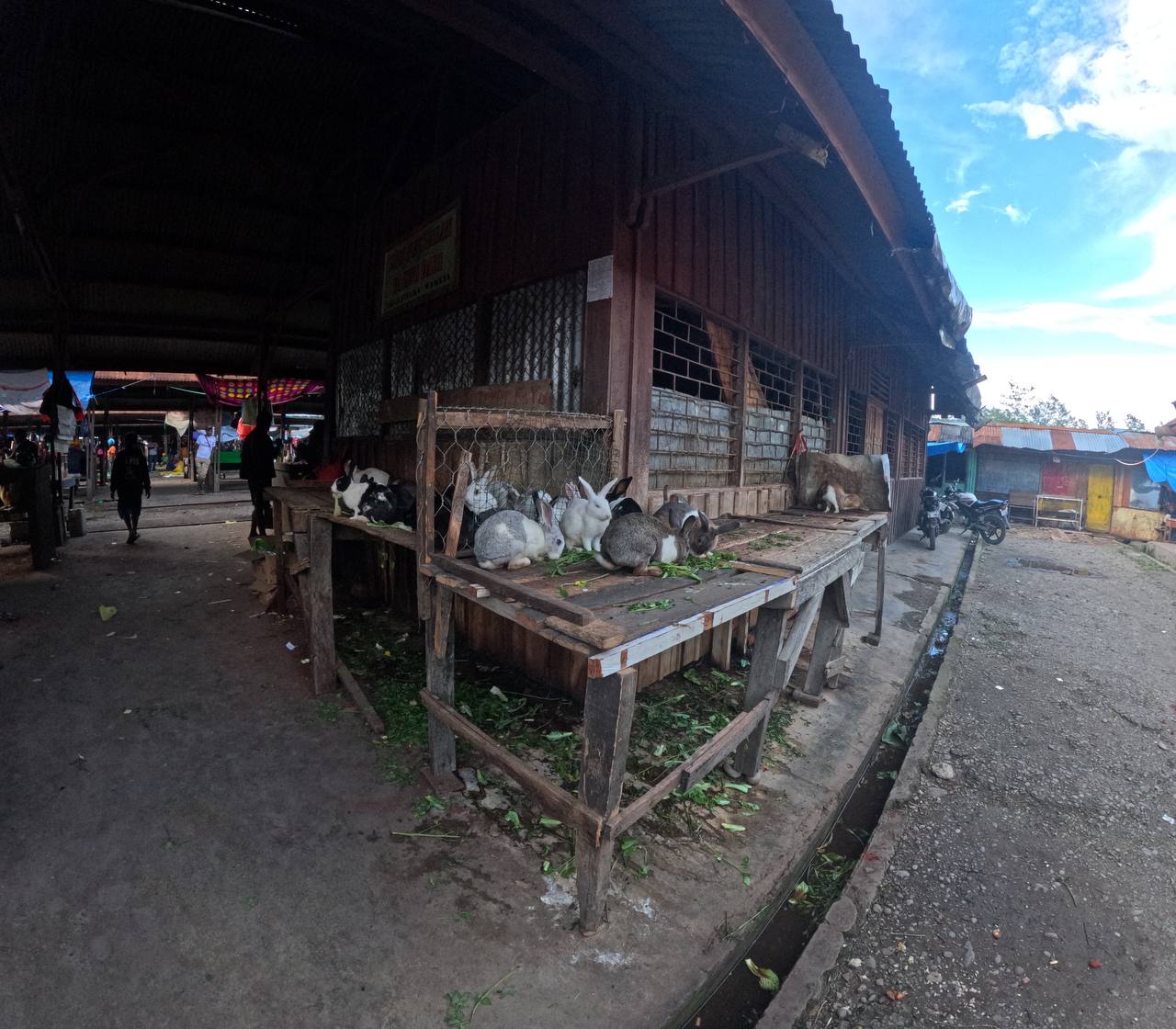
Tips on Visiting Jibama Market
Arrive early in the day when the market is at its busiest and the livestock trade is most active. Wear comfortable shoes as the terrain is uneven and can be muddy. We were well versed on our last visit having purchased wells earlier on in the day!
Ask permission before taking photographs, especially of people from the tribes, respect is important and because of the politics of the area in general locals do not always like their photos being taken.
Approach the market with an open mind and respect for local customs. Engage with the vendors politely and enjoy the unique cultural experience. This means that yes of course you can haggle, but you know don’t be a cock about spending a few extra shekels you know.
And without wanting to state the idiot proof obvious, but cash is king here and that means the Indonesian Rupiah.
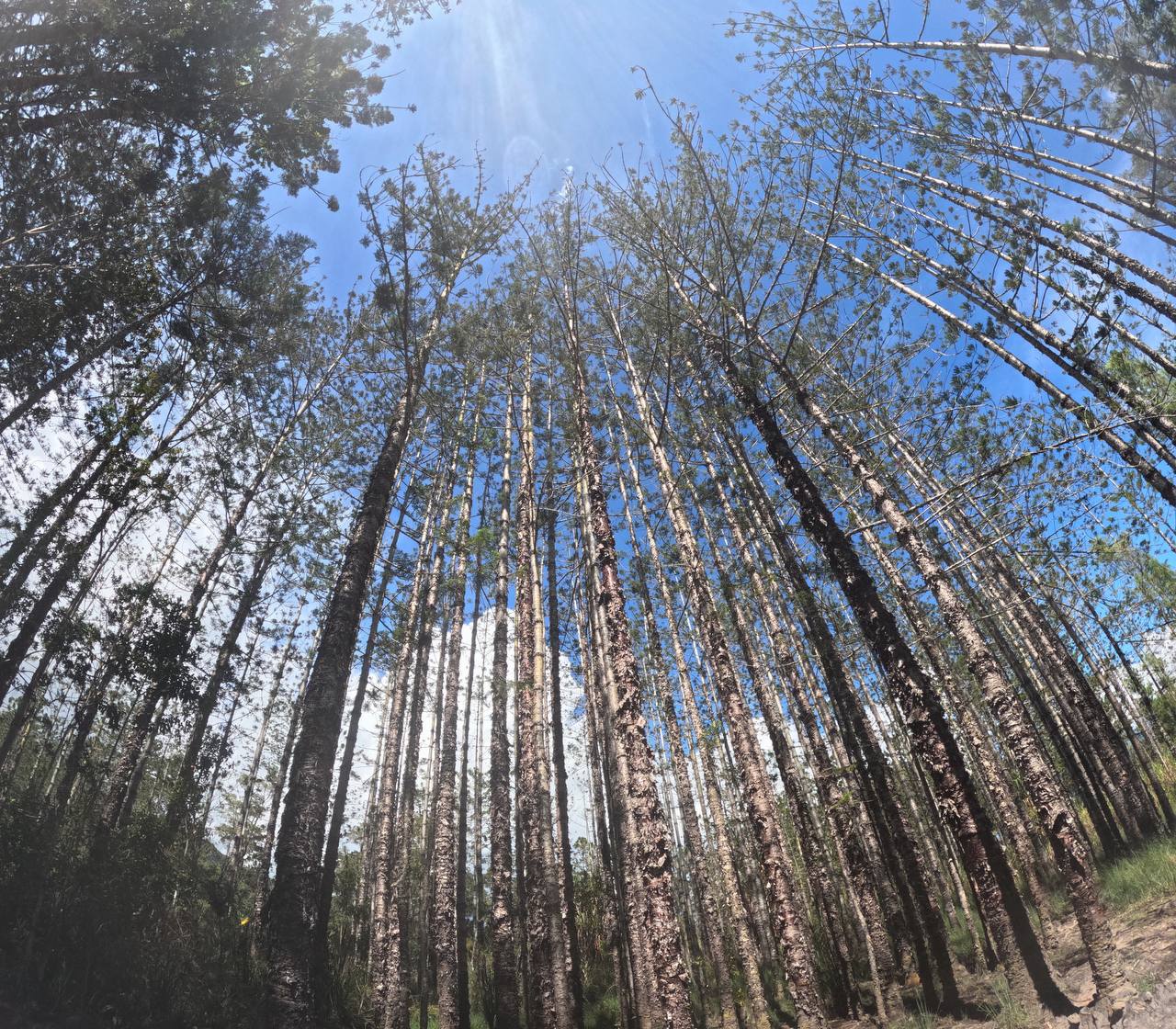
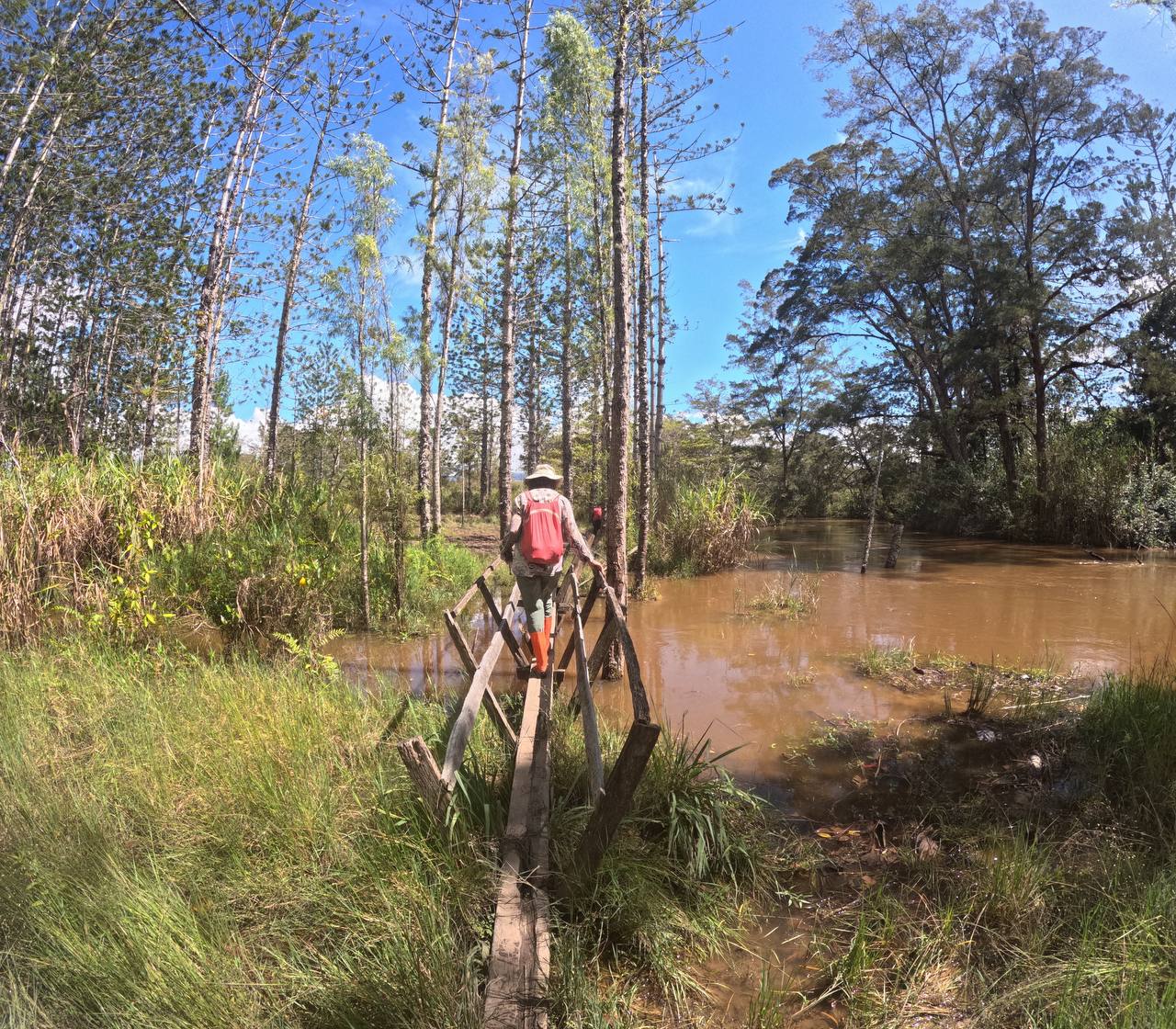
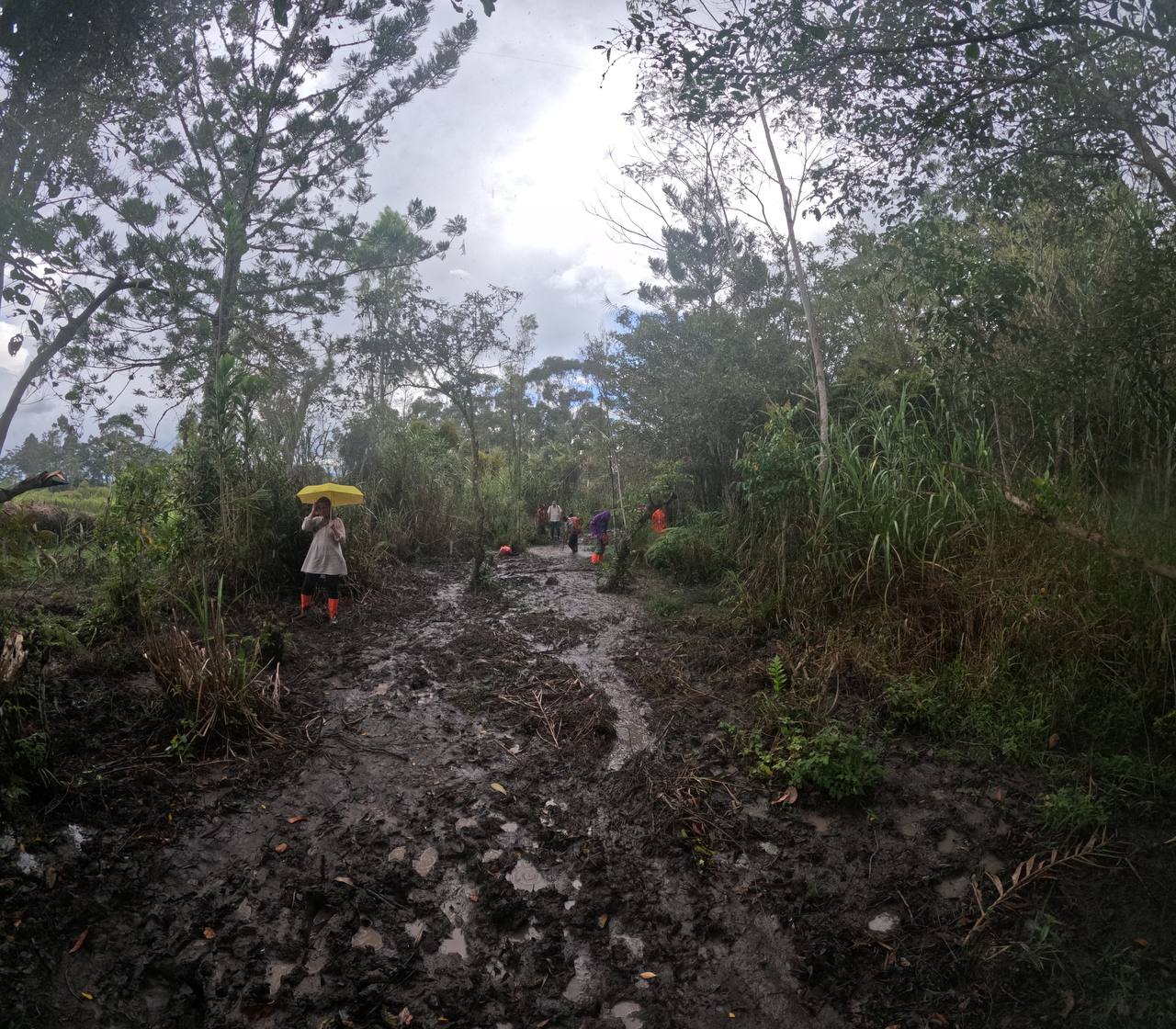
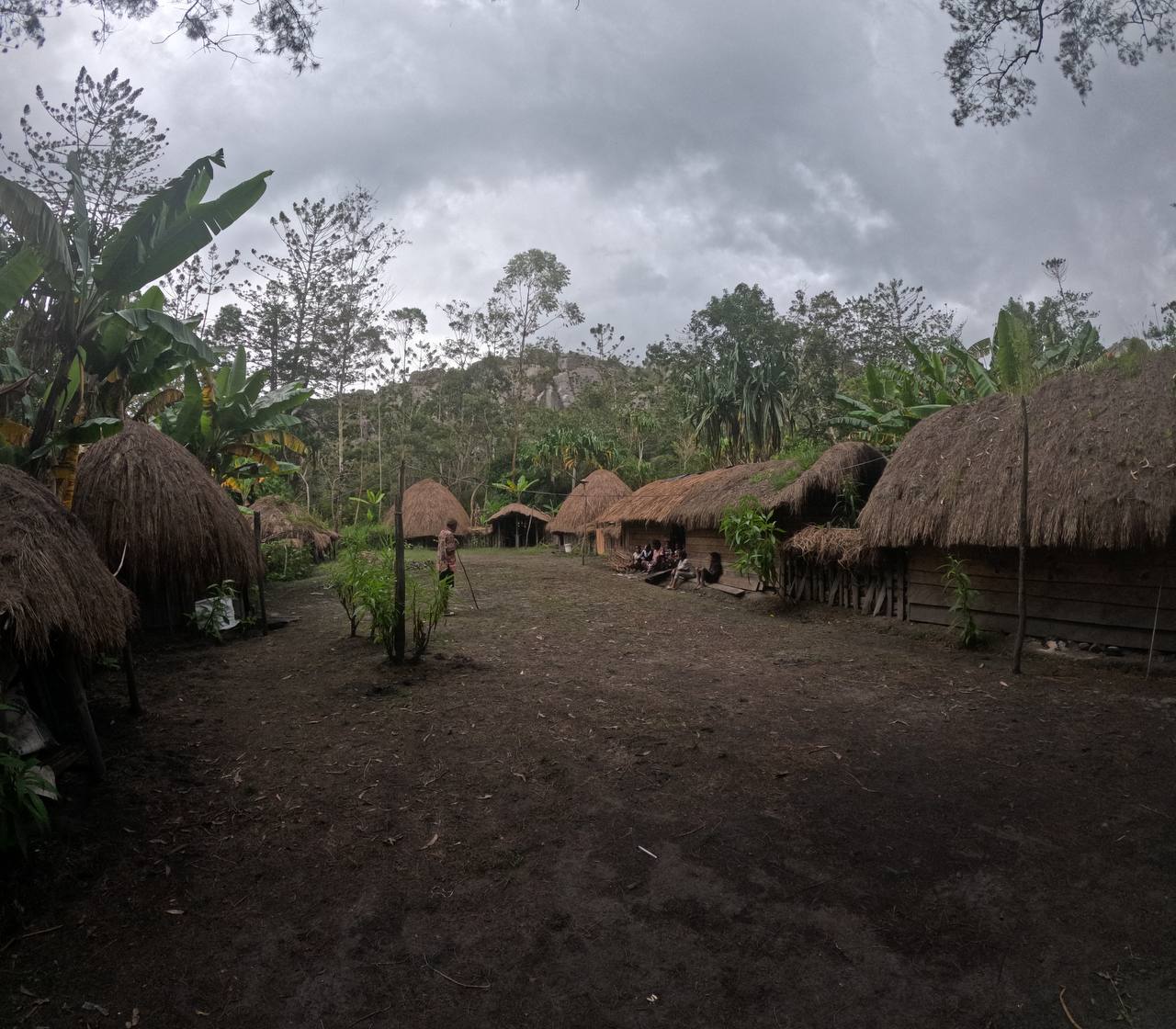
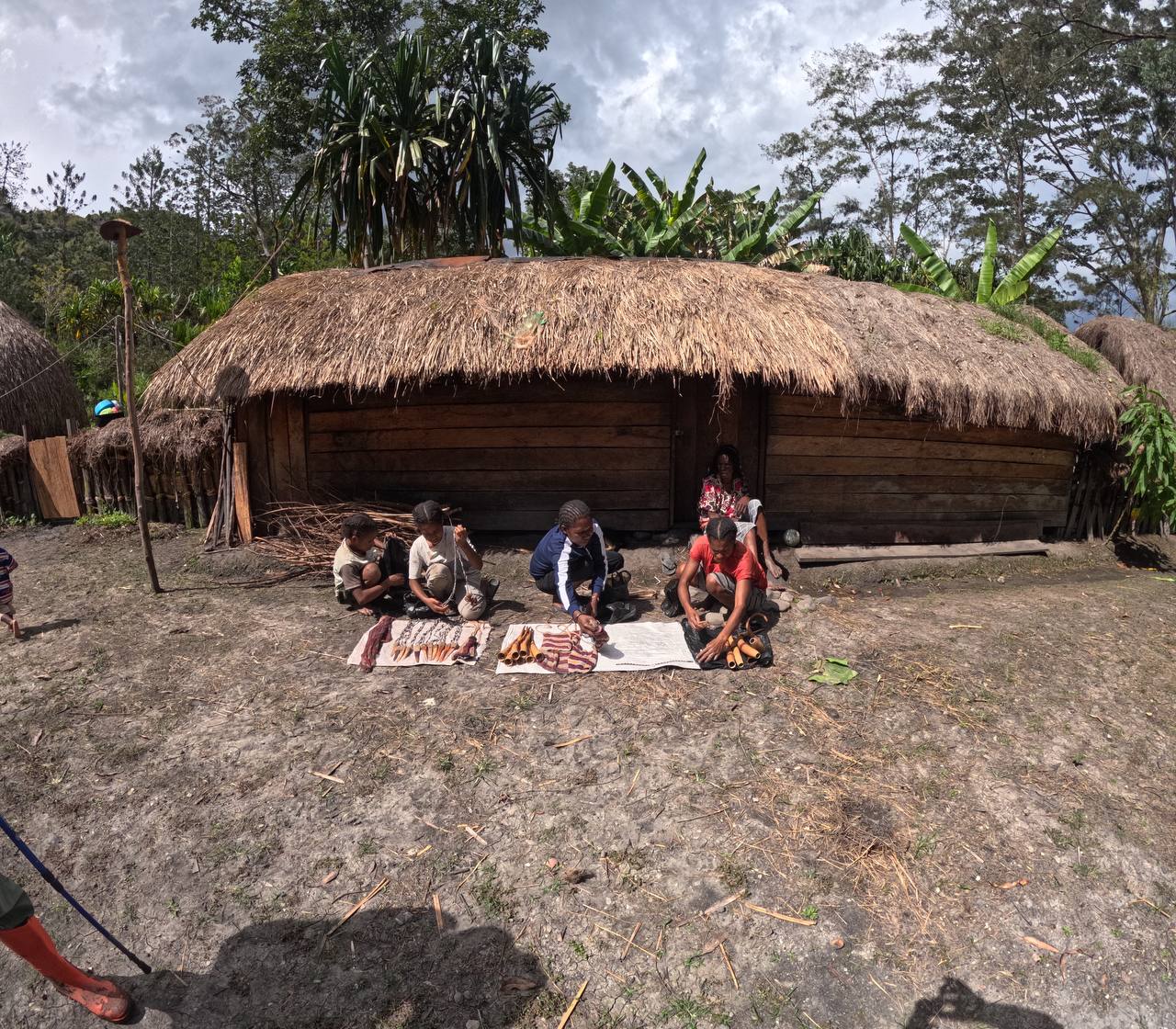
Conclusion on visiting Jibama Market
While Jibama Market is not the sprawling urban affair of Jayapura Mall or even the busy Mount Hagen Market in Papua New Guinea, it remains a fascinating place to understand West Papua’s tribal dynamics and the complexities of Indonesian rule. It offers a rare chance to experience highland life in its rawest form.
The market also provides a lively activity to enjoy in the early evening in what is otherwise a quiet and somewhat spartan town. FYI you cannot buy booze of any kind in Wamena Town (although you can bring it in via Jayapura.
Click the link to check out our West Papua Tours.



